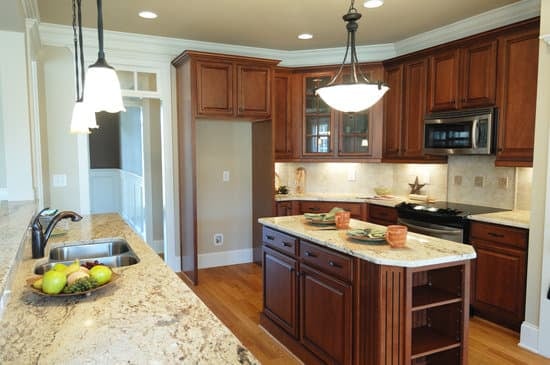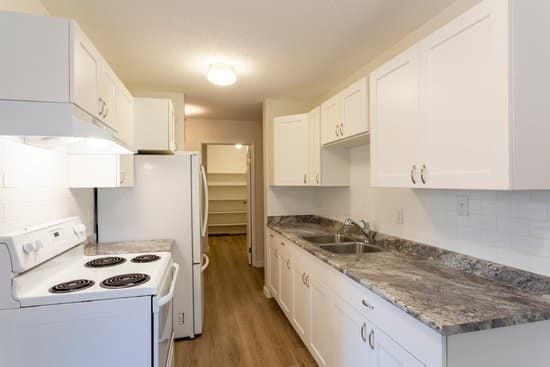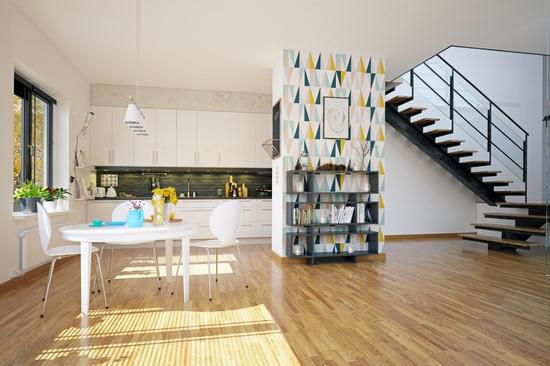Are you tired of struggling with dull and ineffective kitchen knives? Look no further, because this article will guide you through the process of choosing the perfect knives for your kitchen. With a focus on safety and functionality, we will explore different knife types, materials, handle designs, blade sharpness, and maintenance. By the end of this article, you’ll be equipped with all the knowledge you need to confidently select the right set of kitchen knives that will make cooking a breeze.
Understanding Knife Types and Their Uses
Understanding the different types of kitchen knives and their uses is essential for any home cook. When it comes to knife storage options, it’s important to keep them in a designated knife block or on a magnetic strip, away from other utensils to prevent accidents. Always make sure your knives are sharp as dull blades can slip and cause injuries. Regularly sharpening your knives will ensure clean cuts and reduce the risk of accidents. Remember to hold the knife securely with a firm grip and use proper cutting techniques to avoid mishaps. Additionally, always cut away from yourself and keep your fingers tucked in when chopping or slicing. By understanding these basics, you’ll be well-equipped for safe and efficient cooking in your kitchen.
Considering Knife Materials and Construction
When selecting kitchen knives, it’s important to consider the materials and construction. The knife performance and durability of knives greatly depend on these factors. Here are some key points to keep in mind:
- Blade Material: Opt for high-quality stainless steel blades as they offer excellent sharpness and corrosion resistance.
- Handle Construction: Look for handles made of durable materials like wood or synthetic composites that provide a comfortable grip and reduce the risk of slipping.
- Full Tang Design: Choose knives with a full tang, where the blade extends throughout the handle, ensuring better balance and strength.
- Forged vs Stamped Blades: Forged blades undergo a more intensive manufacturing process, resulting in superior strength and longevity compared to stamped blades.
By considering these aspects, you can ensure that your kitchen knives will perform well while also lasting for years to come, enhancing both your cooking experience and safety in the kitchen.
Evaluating Knife Handle Design and Comfort
To ensure a comfortable grip and reduce the risk of slipping, it’s important to consider the materials and design of knife handles. When evaluating knife handle ergonomics, look for handles that fit comfortably in your hand and provide a secure grip. Handles made from materials like wood or rubber can offer better grip comfort compared to slick metal handles. Additionally, consider the shape and texture of the handle. A curved handle with finger grooves can help promote proper hand positioning and improve control while cutting. Look for handles that have a non-slip surface or are textured to prevent accidents caused by slippery hands. Prioritizing knife handle design and comfort will not only enhance your cooking experience but also ensure safety in the kitchen.
Examining Blade Sharpness and Maintenance
When examining your knife blades, make sure they are sharp and well-maintained to ensure efficient and safe cutting. Blade honing is essential for maintaining sharpness. Regularly using a honing rod will realign the blade’s edge, keeping it in optimal condition. However, if your knife becomes dull over time, knife sharpening is necessary. Sharpening removes a small amount of metal from the blade to create a new, sharp edge. You can either use a sharpening stone or an electric knife sharpener for this task. Remember to follow the manufacturer’s instructions carefully to avoid any accidents. Proper blade maintenance not only enhances cutting performance but also reduces the risk of accidents caused by dull knives. So, take the time to hone and sharpen your kitchen knives regularly for safe and efficient cooking experiences.
Choosing the Right Knife Set for Your Kitchen
Finding the perfect set of knives for your culinary needs can greatly enhance your cooking experience. When choosing the right knife set for your kitchen, there are a few key factors to consider:
- Price range: Determine how much you are willing to invest in a knife set. Good quality knife sets can range from affordable to more expensive options.
- Essential knife types: Look for a set that includes the essential knife types you need for everyday cooking tasks, such as a chef’s knife, paring knife, and serrated bread knife.
- Safety features: Ensure that the knives have ergonomic handles and are well-balanced to provide comfort and control while cutting. Look for blades made of high-quality stainless steel that resist rust and maintain sharpness.
By considering these factors, you will be able to choose a knife set that fits within your budget while providing the necessary tools for safe and efficient cooking in your kitchen.
Conclusion
So there you have it, now you know how to choose the perfect kitchen knives for your needs. Remember to consider the different types of knives and their specific uses, as well as the materials and construction of the blade. Don’t forget to evaluate the handle design and ensure it’s comfortable for you to hold. Lastly, keep in mind blade sharpness and maintenance requirements. By following these guidelines, you’ll be able to select a knife set that will make all your culinary tasks a breeze!







